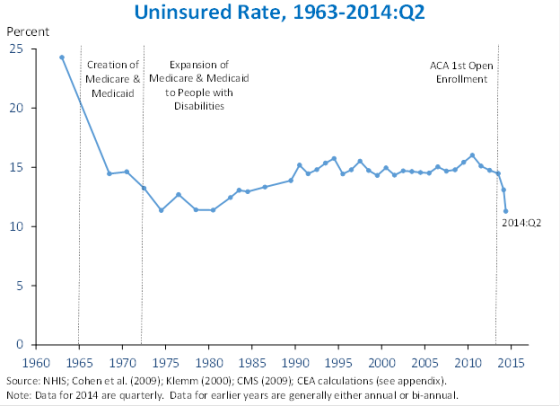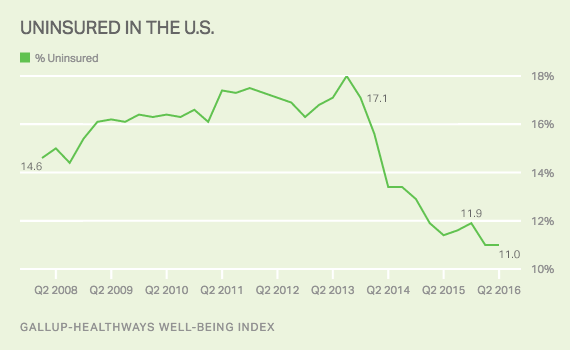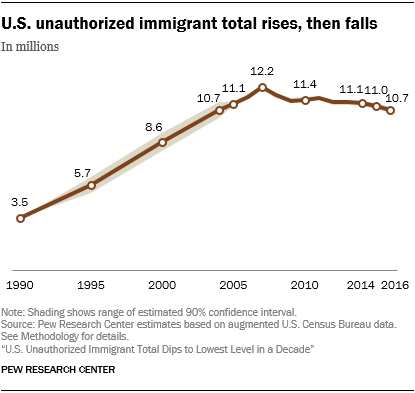- Joined
- Oct 30, 2004
- Messages
- 92,559
- Reaction score
- 28,337
Kind of.
I am saying that removing borders as a restriction for capital gave them leverage over labor, undermining labor's ability to negotiate a fair share.
That this is the driver of income inequality, and the root of the rise of populism on both the left and right, all across the west.
There are problems with this. For one thing, by standard measures, inequality hasn't risen in the countries you've mentioned over the time period. For another, in places it has risen, that wouldn't be a major driver of it (some legit controversy over the impact on inequality, but I don't think about my claim that it's not a "major driver").
Also, we were talking about Obama. It's not actually true that people are revolting against his policy approach, which is pretty hard to criticize. There's a kind of racial panic, though I think that's a smaller group getting more passionate rather than a growing group. Left-wing populism is almost non-existent as a force in America, though right-wing populists reject the policy approach of the mainstream right so it gets a little muddled.





